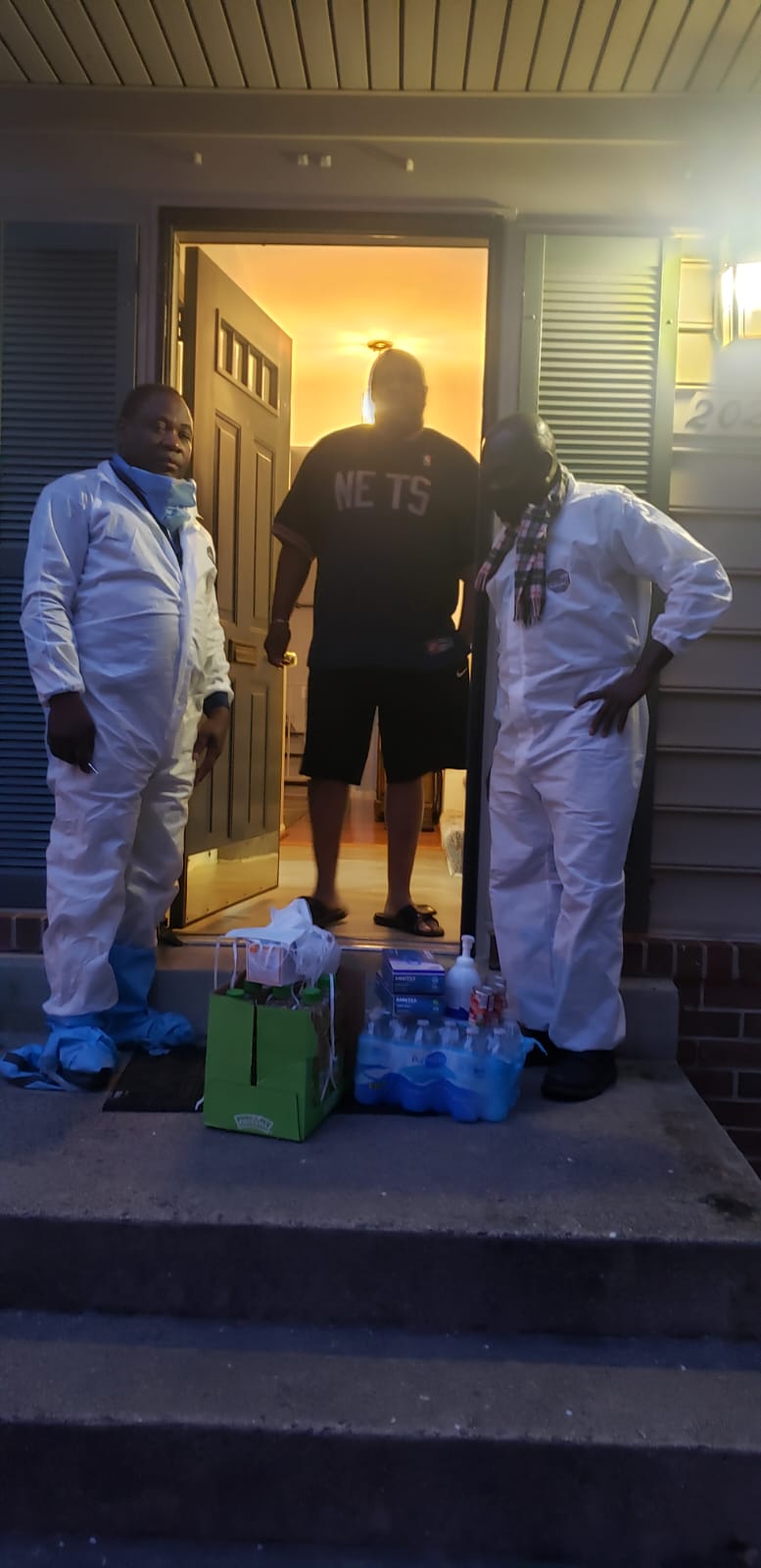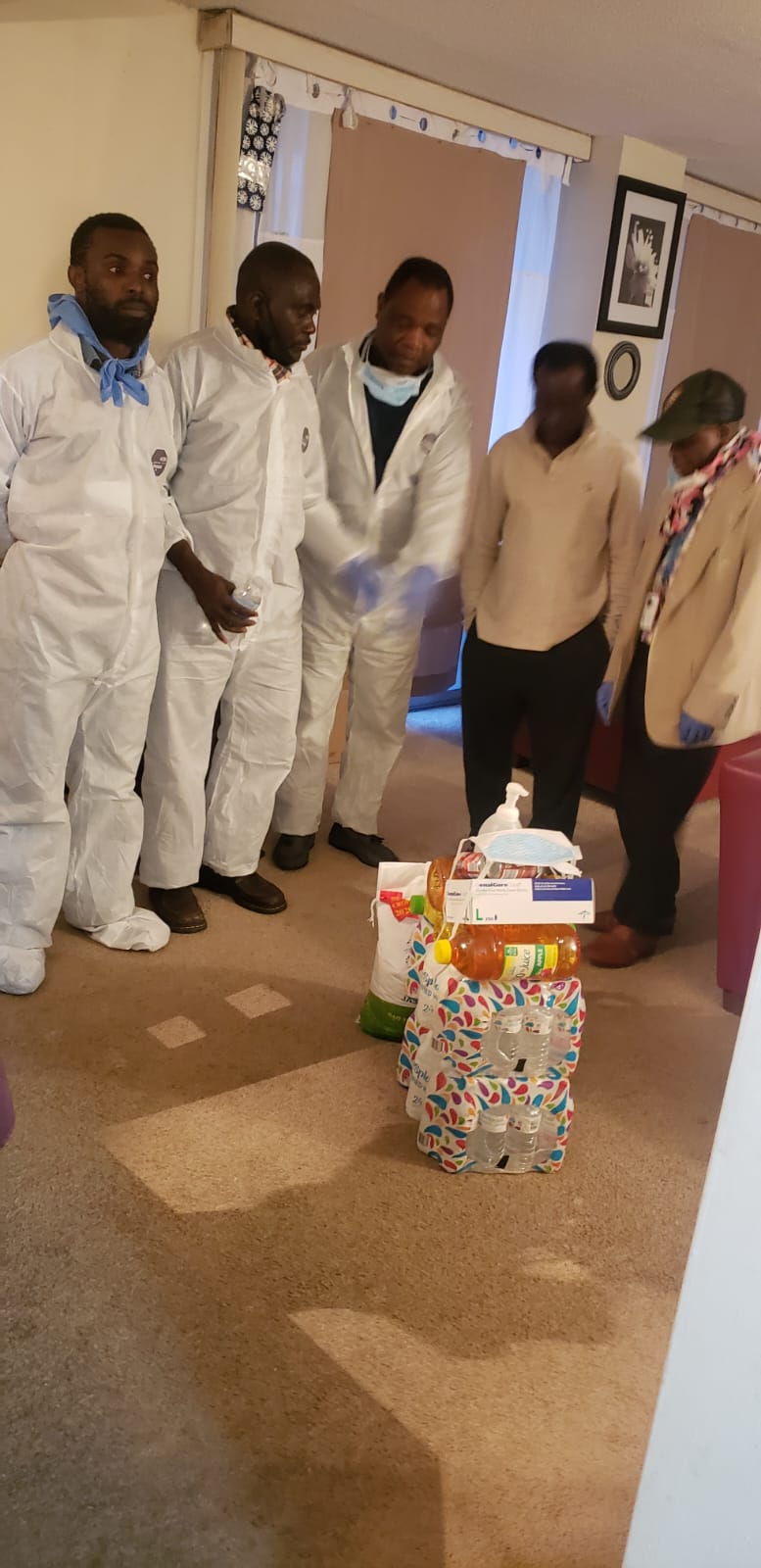
Any questions ?
Phone 202 303 405
Healthcare
Investing in the health and well-being of African communities.

Healthcare is a critical issue in Africa as the continent faces numerous health challenges, including high rates of communicable and non-communicable diseases, inadequate access to healthcare, and limited resources to address health issues. Improving healthcare in Africa is essential to improving the quality of life for the continent’s population and promoting economic and social development.
Challenges
The challenges facing healthcare in Africa are complex and varied. Some of the main challenges include:
Inadequate access to healthcare:
Many people in Africa do not have access to basic healthcare services, particularly in rural and remote areas, due to a lack of infrastructure, healthcare professionals, and funding.
High disease burden:
Africa has a high burden of communicable diseases such as malaria, HIV/AIDS, and tuberculosis, as well as non-communicable diseases such as cancer and cardiovascular disease.
Limited healthcare resources:
Many countries in Africa lack the resources necessary to address health challenges, including inadequate healthcare infrastructure, limited healthcare funding, and a shortage of healthcare professionals.
Poor healthcare Quality:
The quality of healthcare in many countries in Africa is poor, with inadequate facilities, outdated equipment, and a lack of trained healthcare professionals.
Approach
To address the challenges facing healthcare in Africa, a comprehensive approach is necessary that addresses the following areas:
Increased access to healthcare:
Governments and other stakeholders need to invest in healthcare infrastructure, including building clinics and hospitals, and providing funding for healthcare services in remote and rural areas.
Disease Prevention and Management:
Governments need to invest in disease prevention and management programs that address communicable and non-communicable diseases. This includes education and awareness programs, vaccination campaigns, and treatment and management programs.
Improved Healthcare Resources:
Governments need to invest in healthcare resources such as medical equipment, supplies, and medicines, as well as providing training and support for healthcare professionals.
Quality Improvement:
Governments and other stakeholders need to focus on improving the quality of healthcare services, including upgrading healthcare facilities, improving healthcare professional training, and ensuring that healthcare services are patient-centered.
By implementing these strategies, healthcare in Africa can be improved, which will have a positive impact on the continent’s population’s health and promote economic and social development.
Bridging Hope: The Crucial Role of Folic Acid and Pain Medicine for Sickle Cell Warriors
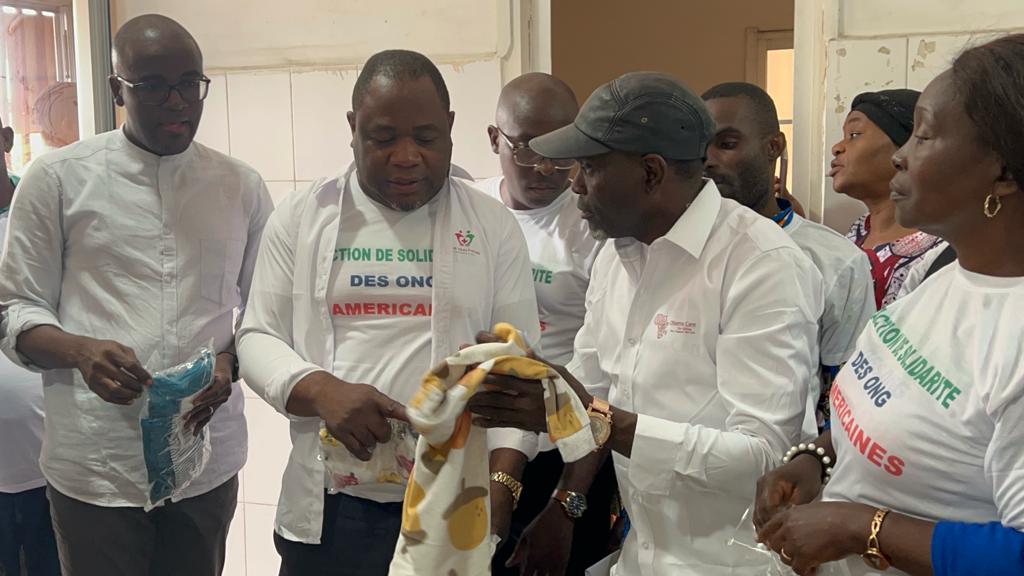
In healthcare, certain conditions demand attention and a collective effort to bring relief and improve lives. Sickle cell disease, a genetic disorder affecting hemoglobin, requires awareness and tangible support. At the forefront of this battle are two essential medicines—Folic Acid and pain management medication—that can significantly impact the lives of those grappling with this challenging condition.
Folic Acid: A Vital Support for Sickle Cell Warriors

Folic Acid, a form of vitamin B9, plays a pivotal role in the production of red blood cells. For individuals with sickle cell disease, this becomes exceptionally crucial. Sickle cell anemia is characterized by the abnormal shape of red blood cells, leading to complications such as anemia, pain crises, and organ damage. Folic Acid, as a supplement, aids in the production and maturation of red blood cells, helping to alleviate anemia and improve overall health.
However, access to Folic Acid can be challenging for many individuals, especially those facing financial constraints. This is where the power of collective support and donations comes into play. By providing Folic Acid to those in need, we offer a supplement and a lifeline—a means to enhance the quality of life for those battling the daily struggles of sickle cell disease.
Pain Medicine: Easing the Burden of Sickle Cell Pain Crises
One of the most debilitating aspects of sickle cell disease is the excruciating pain experienced during vaso-occlusive crises. These painful episodes can be relentless and severely impact the physical and emotional well-being of those affected. Adequate pain management is, therefore, not just a luxury but a necessity.
Donations pave the way for ensuring that individuals with sickle cell disease have access to the pain relief they deserve. By providing appropriate pain medications, we are not merely alleviating physical discomfort; we are offering the possibility of a more functional and fulfilling life. Pain medicine becomes a beacon of hope, allowing individuals to navigate their daily lives with resilience and determination.
Your Support Makes a Difference
The journey towards providing Folic Acid and pain medicine for individuals with sickle cell disease relies heavily on the generosity of donors. Each contribution is a step towards creating a support system beyond medical treatment. This support system recognizes the dignity and worth of every individual facing the challenges of sickle cell disease.
As we unite to bridge hope for those in need, your donations become a lifeline, promising sickle cell warriors a brighter and healthier future. Join us in making a tangible difference in the lives of those who need it most. Together, we can be the architects of positive change, providing medicine and a pathway to a life less burdened by the challenges of sickle cell disease.
Empowering Sickle Cell Communities: Collaborative Awareness Event
Maryland recently hosted a significant event, facilitated by IDEM and We initiative, dedicated to raising awareness and support for individuals affected by sickle cell disease. Supported by a substantial donation from the Obama Care for Africa initiative, the event aimed to educate the community, foster connections, and provide tangible support to those facing sickle cell challenges. Reflecting a commitment to comprehensive healthcare, this collaborative effort emphasizes empowerment through awareness, support, and tangible contributions, showcasing the power of community collaboration in making a positive difference.
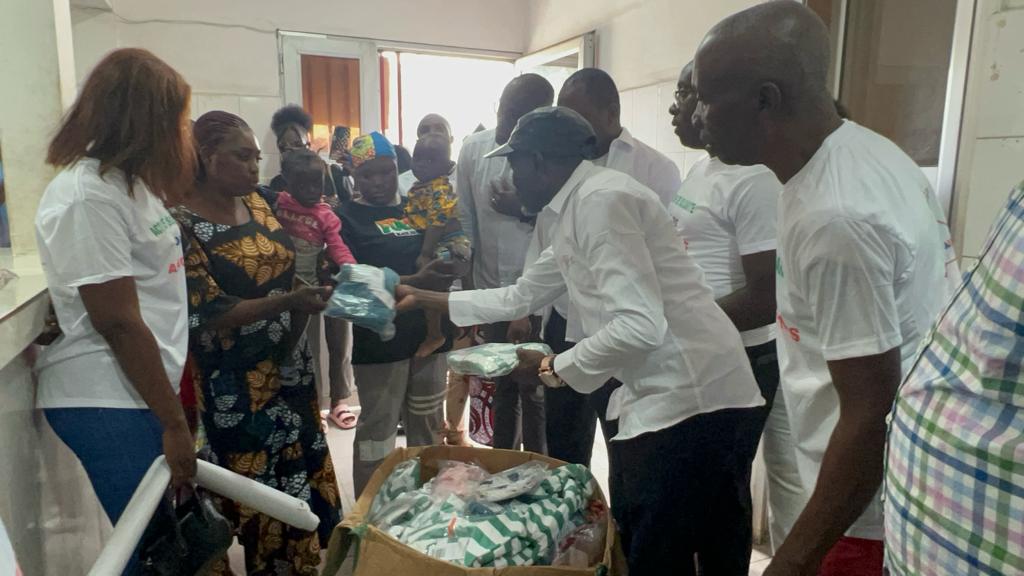
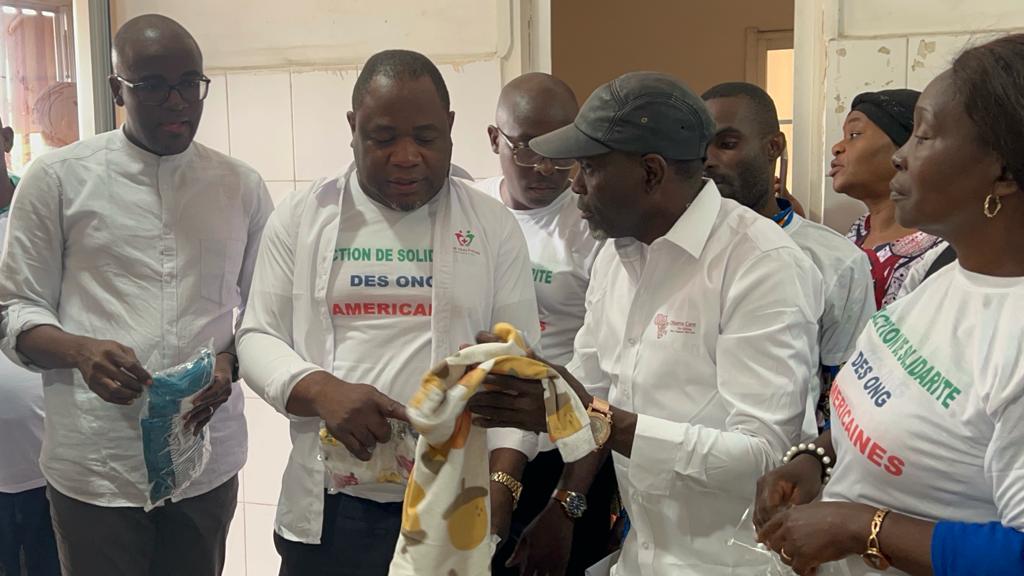
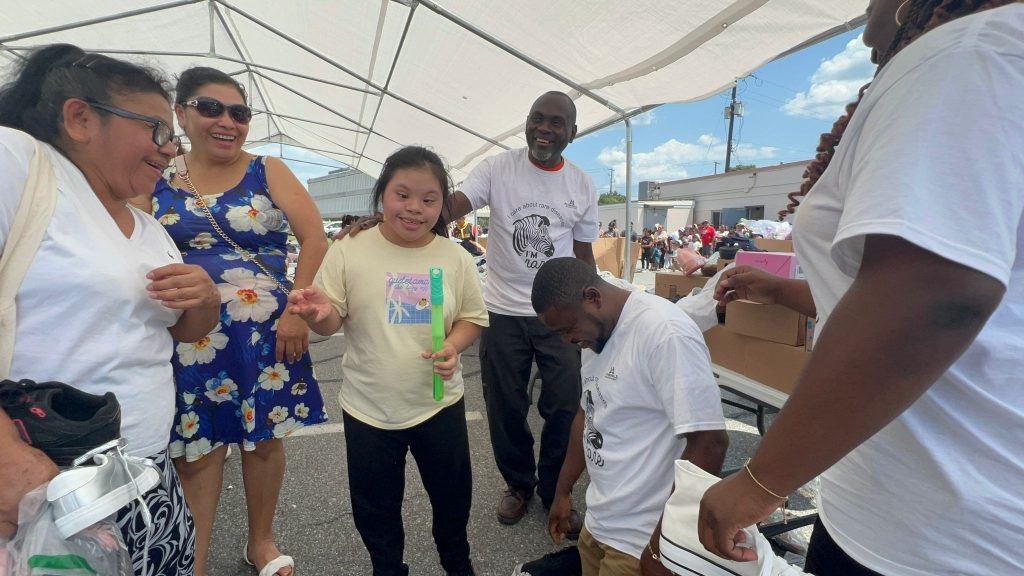
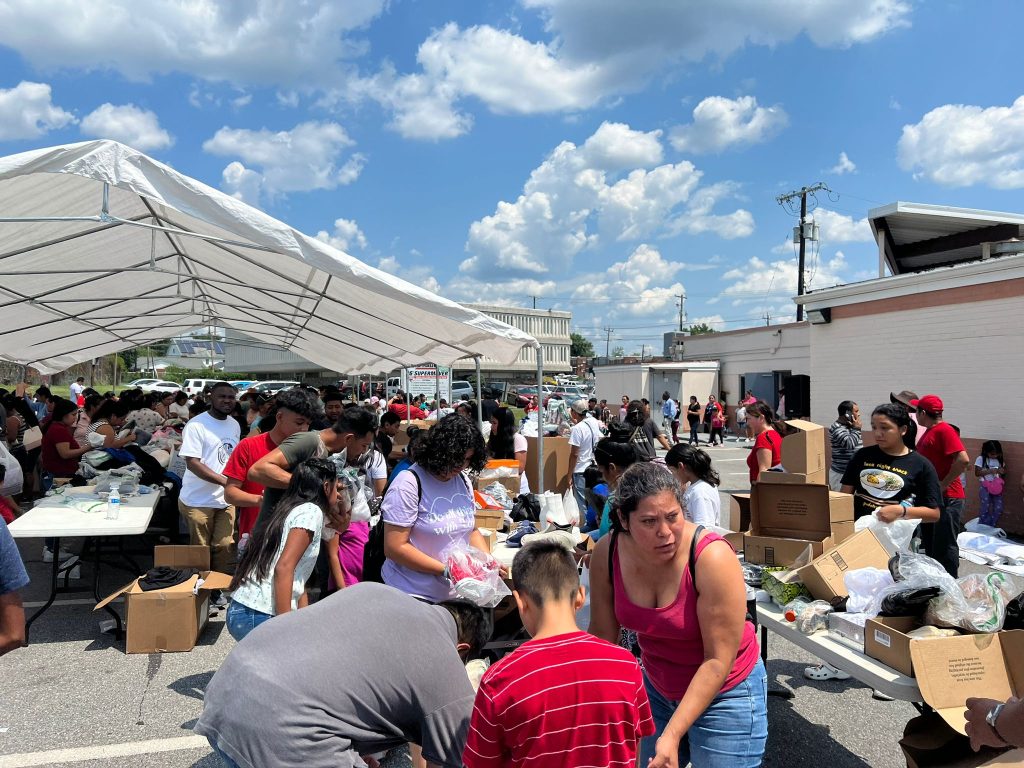
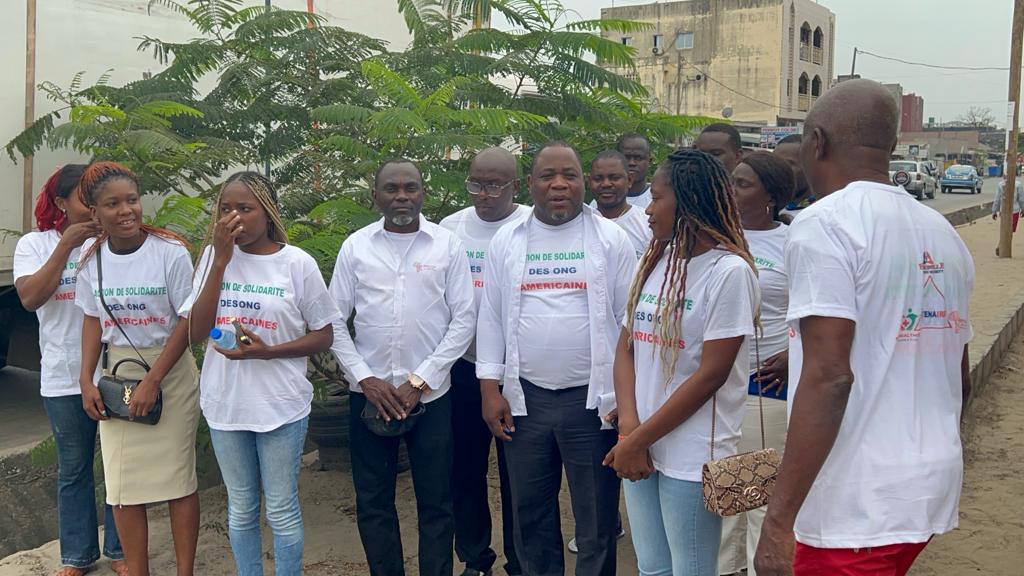
COVID-19 Community Support Initiative in the DMV Area
In response to the ongoing challenges posed by the COVID-19 pandemic, our team has launched a comprehensive community support initiative in the DMV (District of Columbia, Maryland, Virginia) area. Our mission is to provide essential supplies and support to residents most affected by the pandemic, recognizing the critical need for proactive measures to protect community health and well-being. Our dedicated team is on-site, working tirelessly to ensure that individuals and families in the DMV region have access to critical resources. We are distributing high-quality gloves and masks to help safeguard individuals from the spread of the virus, recognizing the importance of these essential protective measures in minimizing the risk of infection and ensuring the safety of our community. Furthermore, we understand the economic strain many families face during these challenging times. To alleviate the burden of food insecurity, we have implemented food assistance programs, ensuring that no one in our community goes hungry. Additionally, access to proper hygiene is fundamental to preventing the spread of COVID-19. Therefore, we are distributing hand sanitizers to promote hand hygiene and support the overall health and safety of our community members.
